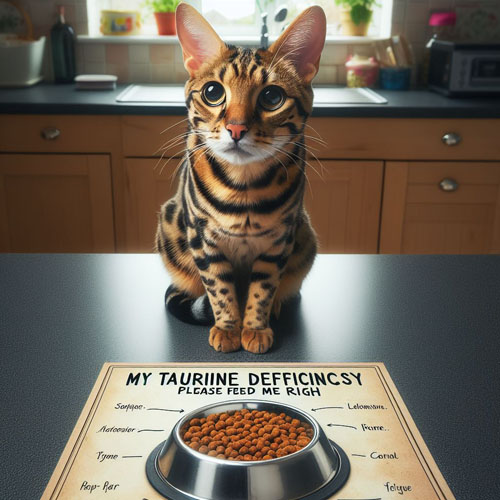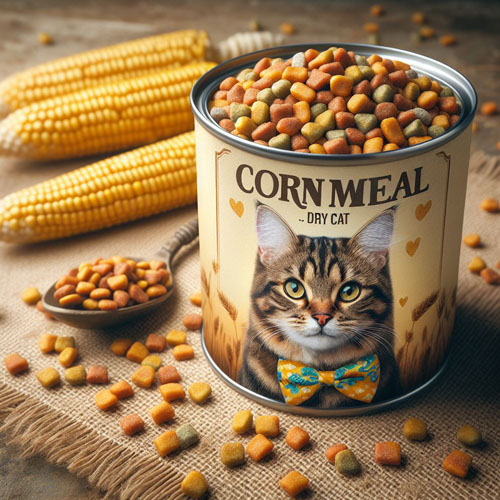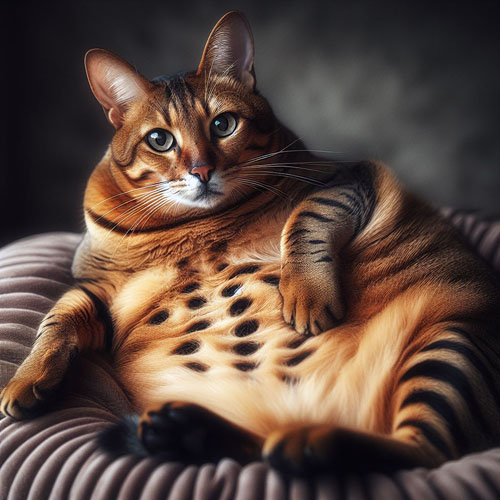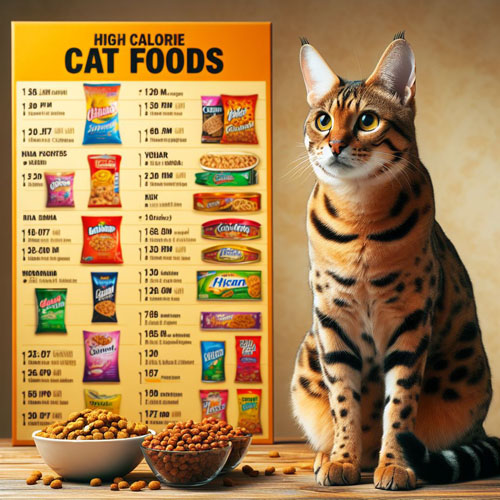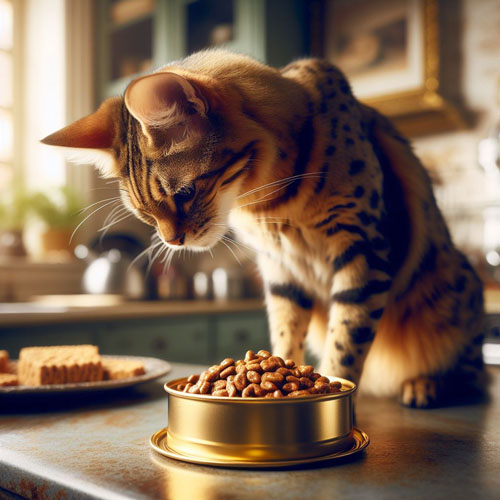The Science Behind Cat Nutrition
The Science Behind Cat Nutrition: Navigating Evidence-Based Practices
The evidence-based science in cat nutrition underscores the significance of relying on well-founded research to inform dietary decisions. Unlike anecdotal evidence or personal opinions, which may be subject to biases and individual experiences, evidence-based science provides a solid foundation rooted in systematic studies and empirical data. In the realm of cat nutrition, understanding the intricate balance of nutrients, the impact of various diets, and the specific needs of individual cats requires a scientific approach. By embracing evidence-based practices, cat owners can navigate through the plethora of information, separating fact from fiction, and make informed choices that contribute to the optimal health and well-being of their feline companions.
Differentiating Opinion from Scientific Fact: In the realm of feline nutrition, differentiating opinion from scientific fact is crucial for making informed decisions about cat diets. With a multitude of opinions circulating, it becomes essential to discern between anecdotal information and evidence-backed facts. While personal experiences and preferences may shape individual opinions, relying solely on them can lead to misconceptions about the nutritional needs of cats. Scientific facts, on the other hand, are derived from rigorous research, studies, and clinical trials, providing a more reliable guide for understanding the complexities of feline nutrition. Cat owners navigating dietary choices for their pets must prioritize scientifically validated information to ensure that their feline companions receive a nutritionally balanced and appropriate diet for their overall health and well-being.
Anecdotal Evidence – A Common Pitfall: Anecdotal evidence, often a common pitfall in discussions about cat dietary requirements, refers to information based on personal observations or experiences rather than systematic and scientifically rigorous studies. While anecdotes may offer insights into individual cases, they lack the reliability and generalizability essential for making informed decisions about feline nutrition. Cats, with their diverse breeds and unique health profiles, require dietary considerations backed by comprehensive research rather than anecdotal accounts, which can be subjective and influenced by individual biases. Relying on anecdotal evidence may lead to misconceptions and inappropriate dietary choices for cats, emphasizing the importance of prioritizing scientifically validated information for a more accurate understanding of their nutritional needs.
The Natural Fallacy – A Trap to Avoid: The natural fallacy, often a trap to avoid in the context of cat nutrition decisions, involves the misconception that what is considered “natural” or instinctual for cats is inherently healthier or more suitable for their diet. This assumption can lead to misguided choices in pet nutrition, as it overlooks the fact that domesticated cats have distinct dietary needs that may differ from their wild counterparts. Imposing a simplistic view of what is natural for cats can result in neglecting essential nutrients provided through scientifically formulated cat foods. Understanding the implications of the natural fallacy is crucial, as it prompts cat owners to prioritize well-researched and balanced diets tailored to the specific nutritional requirements of their feline companions, rather than relying on broad and potentially inaccurate interpretations of what may be considered natural for cats.
Current Feline Nutrition Research: The field of feline nutrition is continually advancing, thanks to ongoing research that delves into various aspects of cat diets. Current feline nutrition research explores a spectrum of topics, including the optimal composition of cat food, the impact of different feeding regimens on overall health, and the specific nutritional needs of cats based on factors like age, breed, and health conditions. Researchers are actively investigating new ingredients, formulations, and feeding practices to enhance our understanding of feline nutrition. Stay-at-the-forefront studies aim to provide cat owners with up-to-date information, enabling them to make well-informed decisions regarding the dietary choices that contribute to the longevity and well-being of their feline companions. Keeping abreast of the latest findings in feline nutrition research empowers cat owners to adapt their pet’s diets based on the most recent and reliable scientific insights.
Keywords: Evidence-based science, Opinion vs. fact, Anecdotal evidence, Natural fallacy, Feline nutrition research
